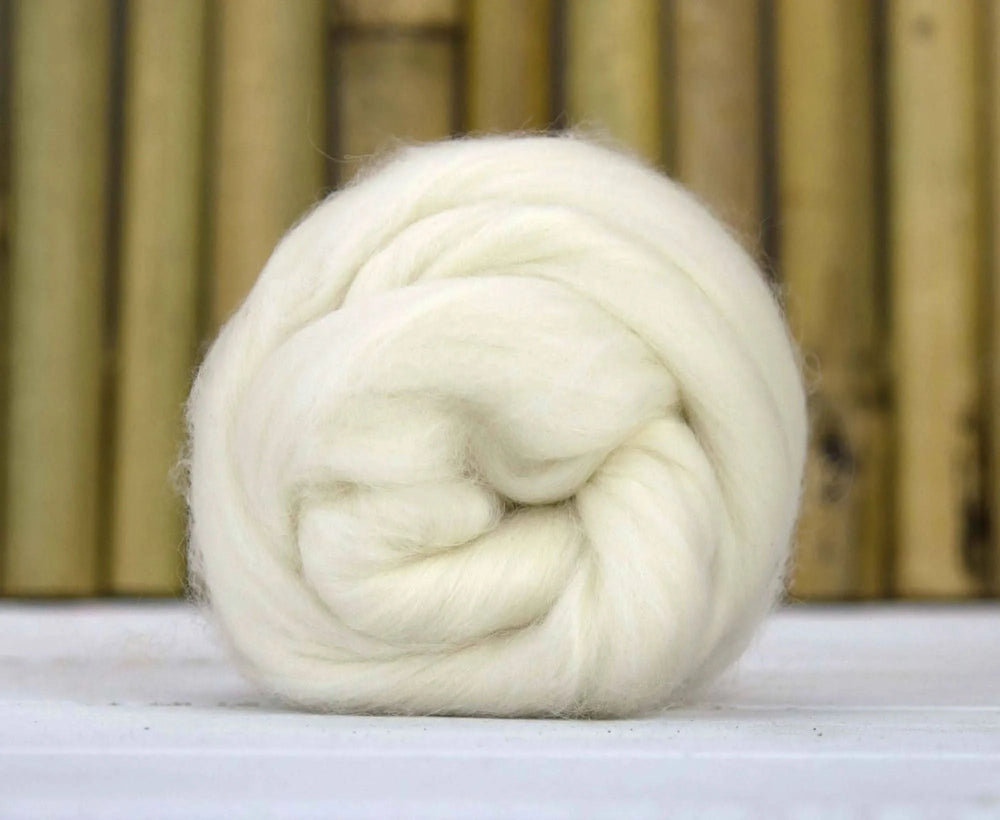What Makes cashmere a Top Choice for Luxury Fashion and Comfort?
What Makes cashmere a Top Choice for Luxury Fashion and Comfort?
Blog Article
Factors You Have To Need Cashmere an All-natural Fiber for Comfort and Elegance in Everyday Use
In the realm of textiles, couple of fibers measure up to the high-end and convenience of cashmere. This special material, recognized for its premium gentleness and insulation, provides unparalleled comfort and style for day-to-day wear. But what sets it besides other fibers? How does it impact the atmosphere and how does it compare to artificial options? How can one best utilize cashmere to boost their design? These appealing questions lay the structure for an enlightening expedition right into the world of cashmere.
Understanding the Extravagant Nature of Cashmere

Examining the Comfort Variable of Cashmere Garments
What top qualities highlight the comfort element of cashmere garments? The soft qualities of cashmere is the first high quality to think about. Its deluxe appearance makes it feel like a second skin, supplying warmth without the weight or itchiness connected with various other woollen products. Cashmere's one-of-a-kind fiber framework allows for breathability, controling temperature and protecting against getting too hot. The product's versatility and resilience guarantee that it mold and mildews against the body conveniently, keeping its shape with time. Cashmere's hypoallergenic residential properties also add to its convenience, making it an excellent choice for sensitive skin. Lastly, the capacity to layer cashmere pieces without thickness heightens the convenience element. Basically, the comfort of cashmere is stemmed from its softness, breathability, durability, hypoallergenic nature, and flexibility.

The Environmental Effect and Sustainability of Cashmere
While the comfort and sophistication of cashmere are certainly appealing, it's equally important to consider its connection with the environment. Cashmere manufacturing, largely in Mongolia and China, involves raising cashmere goats, which can significantly strain fragile meadow environments because of overgrazing. This can result in desertification, a pushing environmental issue. Furthermore, the handling of cashmere, involving washing and coloring, can likewise add to water pollution if not properly handled. Nonetheless, efforts are being made to establish sustainable cashmere production approaches, such as rotational grazing and cleaner processing methods. While cashmere has ecological impacts, its sustainability mostly depends on production methods.
Contrasting Cashmere to Artificial Fibers: A Cost-Benefit Analysis
Despite its ecological obstacles, cashmere provides a distinct collection of benefits over synthetic fibers. On the expense side, cashmere is undoubtedly extra pricey because of its labor-intensive manufacturing process. Yet, the advantages make it worth the financial investment. Cashmere's all-natural fibers provide exceptional gentleness and heat, converting this hyperlink into convenience that artificial fibers struggle to match. Cashmere items are extremely long lasting, appealing long life that offsets initial costs over time. Unlike synthetic fibers, cashmere does not add to microplastic pollution, making it a much more sustainable option. On the other hand, artificial fibers, while less expensive upfront, provide much less convenience, have shorter lifespans and present ecological issues. Hence, when assessing cost-benefit, cashmere's premium top qualities make it a beneficial financial investment what material is cashmere for day-to-day wear.
Designing Tips With Cashmere for Everyday Style
Having thought about the cost-benefit evaluation of cashmere contrasted to synthetic fibers, it ends up being clear why this extravagant product is a favored option for many. When styling cashmere for day-to-day sophistication, simplicity is crucial. Ultimately, the inherent sophistication of cashmere makes it a functional enhancement to any kind of closet, easily boosting daily clothing with a touch of deluxe.

Verdict
In summary, the exceptional buildings of cashmere make it a valuable addition to any type of wardrobe. Its luxurious feeling, convenience, adaptability, and breathability to differing temperature levels are unrivaled. Additionally, cashmere's sustainability and lower ecological effect compared to synthetic fibers additionally improve its allure. The timeless beauty of cashmere, combined with its versatility, includes elegance to daily wear. Spending in cashmere garments is a beneficial choice for convenience, style, and sustainability.

Report this page